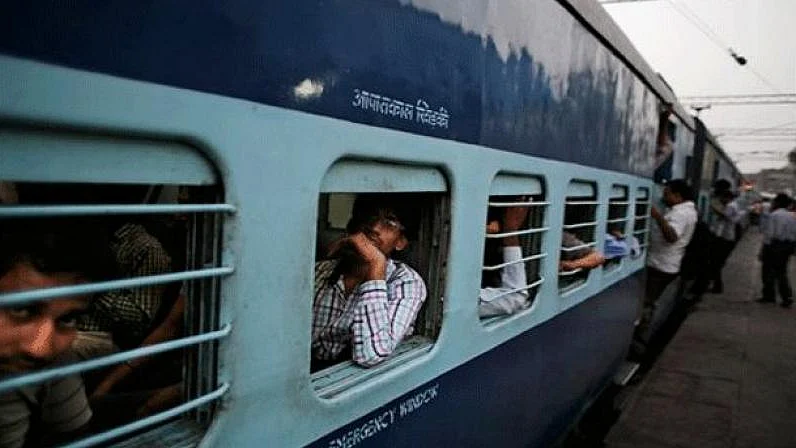Parliamentary panel suggests periodic revision of train fares
RCC reviewing the internal resource generation, has recommended that the Railways should periodically revise and rationalise train fares to increase passenger earnings in the wake of the losses

Taking note of the increasing amount of pension and losses in the passenger buisness, a parliamentary committee has suggested rationalisation of train fares while advocating that the Finance Ministry should partly bear the pension liability of the Indian Railways.
The cash-strapped Railways — one of the largest public-sector employers — is currently reeling under the impact of pension payment which is at the moment around ₹50,000 crore annually, while the losses in passenger segment is touching ₹35,000 crore.
In a report to the Parliament, the Railway Convention Committee (RCC) reviewing the internal resource generation, has also recommended that the Railways should periodically revise and rationalise train fares to increase passenger earnings in the wake of these losses.
According to the Railways, the losses are primarily because passenger fares have not been increased for long, though fares have been raised in certain category of train for limited passengers.
"Taking into account the whopping loss of revenue in passenger services coupled with an operating ratio of 98.5%, the committee is of the considered opinion that the Railways have ultimately to undertake gradual or periodical fare rationalisation, besides embarking upon other requisite measures to increase passenger earnings," the RCC report said.
Taking into consideration the merger of the Rail Budget with the Union Budget, the committee has suggested the Railways take up the matter with Finance Ministry and other appropriate authorities so that at least a part of its pension liability is borne by the Finance Ministry
The panel has also asked the Railways to make a segregated assessment of the actual revenue benefits accrued through the introduction of the flexi-fare system, which is "sometimes reportedly at par with air fares in economy class".
Expressing its deep concern over the shortfalls in earnings, the committee has found that during the last five years — from 2013-3014 to 2017-2018 —- there have been shortfalls on the part of the Railways in achieving internal revenue generation targets, except in 2014-2015. During 2013-2014, 2015-2016, 2016-17 and 2017-2018, the shortfall was of ₹2,828 crore, ₹769 crore, ₹2,782 crore and ₹8,238 crore, respectively.
For the Railways, with its over 13 lakh employees, it is only the ministry which bears its pension liability and for everyone else it is borne by the Ministry of Finance while the passenger operation is cross-subsidised with the earnings from the freight service.
"I would like to submit here that when it comes down to devising the salary structure and the pension structure, the Ministry of Railways has no say in that. The decision is taken by (a) different ministry, irrespective of whether it is ₹3,000 crore, ₹5,000 crore, ₹10,000 cr, it is the Ministry of Railways which is expected to generate these additional resources," Chairman, Railway Board, has stated to the committee.
The committee, headed by Biju Janata Dal (BJD) MP Bhartuhari Mahtab, has found some merit in the contention as the huge impact of the pension liability is adversely affecting internal resource generation by the Railways.
Taking into consideration the merger of the Rail Budget with the Union Budget, the committee has suggested the Railways take up the matter with Finance Ministry and other appropriate authorities so that at least a part of its pension liability is borne by the Finance Ministry.
Follow us on: Facebook, Twitter, Google News, Instagram
Join our official telegram channel (@nationalherald) and stay updated with the latest headlines